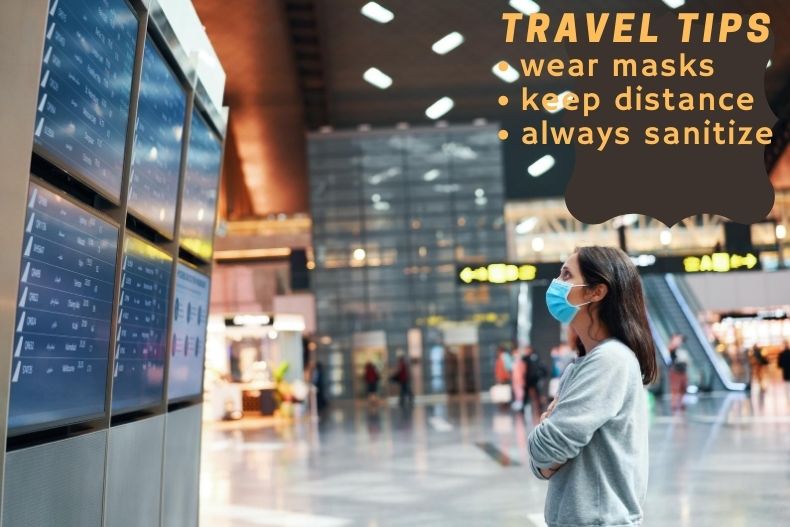The arrival of Covid-19 has prompted significant changes in the world of business. Lockdown measures have meant that many businesses have had to rely on government funding to stay afloat. Workplaces have only just begun to open their doors, and they’ve had to incorporate a range of anti-contagion measures to limit the risk to both staff and customers.
Perhaps the most dramatic changes have occurred in the world of travel. In order to ensure safety, businesses are taking fewer trips than they otherwise might have. And many are deciding that this change will persist even after the coronavirus has been put under control.
This is a problem for the global travel industry, which relied on the custom of international businesses. But it might also have a negative impact on the businesses themselves, who might find themselves limiting travel even when the risk is minimal and the benefits are significant.

Teleconferencing can only do so much
During the lockdown, businesses relied heavily on platforms like Zoom to conduct meetings and get messages across. And it’s likely that platforms of this sort will become a permanent installment in many businesses. With that said, Zoom cannot replace face-to-face meetings entirely and indefinitely; thus, business leaders will ultimately expect business travel to return eventually. It’s the responsibility of the travel industry to put in place the necessary safeguards, and to reassure customers that their welfare is being looked after.
Of course, traditional greetings like handshakes are still off the agenda for the foreseeable future – but there’s still something valuable about face-to-face interaction.
What should Accommodation look like?
Interaction between travellers should be strictly limited. This need is particularly pressing in hotels and apartment-blocks, where the potential for contagion is significant. The serviced apartments Singapore has to offer provide a balance between comfort, convenience, and anti-contagion safety measures. A similar approach is to be found in other parts of the world which rely on international trade.
Business travellers will be looking for serviced apartments where they can take care of their own food. Sanitation measures, like screens in reception areas, mandatory facemasks, and socially distanced queues, should all be considered obligatory. The provision of alcohol-based sanitiser can also offer reassurance to customers, as might the imposition of temperature testing at various stages of the journey.
Risk Assessments
Naturally, anti-contagion measures are only as effective as the employees who are actually implementing them. To minimise the risk of costly (and reputationally damaging) outbreaks, regular risk assessments will be necessary. These assessments can be carried out in businesses at every stage of the travel process – from airports to hotels to conference centres.
Flexibility
In the current international climate, unexpected events are to be expected. If your travel arrangements are set in stone, then this might mean that you find yourself out of pocket. More flexible travel arrangements will allow you to revise your plans based on the available medical information, rather than sticking to a rigid itinerary for fear of being out of pocket.
Reviewing the data
Part of the risk assessment process should be a data-driven monitoring of the levels of coronavirus in any given area. This will provide travellers with current information on what risks are being faced in which countries. The Foreign Office’s travel advice should play a role in determining where is safe to travel and where isn’t.